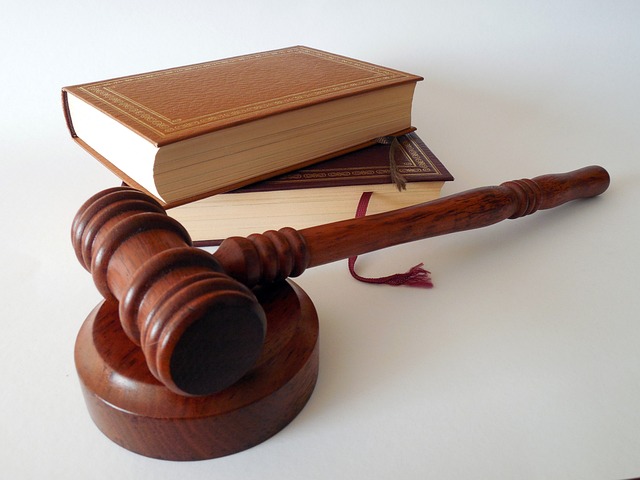
The Civil Procedure Code (CPC), 1908’s Order VI contains the pleadings provisions. The written version of a statement prepared by each party to a lawsuit is called a pleading. The written statements contain the arguments and additional information that the opposing party needs to know in order to get ready to present their case at trial. A plaint is a set of statements provided by the plaintiff, whereas a written statement is a set of statements provided by the defendant.
Order 6 rule 17 cpc: About
- At any point throughout the proceedings, the Court may let either party to change or edit his pleadings in a way and on any terms that it deems appropriate. All changes must be made in a way that makes sense in order to identify the actual issues that the parties are disputing.
- Order 6 rule 17 CPC bare act comes with the proviso that no amendment request may be granted once the trial has begun unless the Court determines that, despite the party’s best efforts, the matter could not have been brought up prior to the trial’s start.
Rule 17 CPC: Its Objectives
- As per order 6 rule 17 CPC citations, the goal is to give the courts the authority to consider the case on its merits and to grant any necessary adjustments in order to identify the true conflict. However, it should never treat the other party unfairly.
- The entire aim of the courts is to provide the parties with full and complete justice, which can only be accomplished by hearing the actual dispute between the parties.
- As such, they have the authority to make pleading modifications. Instead of penalizing the parties for their errors or carelessness, the goal is to ascertain what the true disagreement is between them.
Order 6 rule 17 section 151 of cpc
- Order 6 Rule 17’s provisions are not all-inclusive, meaning that the court’s authority is not fully encompassed by them. It implies that more reasons may exist for which an amendment may be approved, but they are not covered by this Rule.
- When Order 6 Rule 17 does not apply, one may use Section 151 of the Code to make a change because the court has the inherent authority to do so.
Latest Supreme Court judgment on order 6 rule 17 cpc
Name: Life Insurance Corporation of India v Sanjeev Builders Pvt. Ltd. and anr
Facts:
- The Bombay High Court was served with a suit in this instance seeking the particular performance of the contract. Here, the plaintiff submitted to the court an application to alter the plaint. The revision increased the requested damages from the original suit’s 1,01,00,000/-to $4,00,01,00,000/-. The application to alter the plaint was granted by the court.
- The defendant filed an appeal against the foregoing order, which was issued by the Bombay High Court, citing grievances and dissatisfaction. He argued that the plaintiff should not have been allowed to alter the plaint by the High Court, especially after thirty-one years. The Supreme Court was then asked to hear the matter.
Decision:
The Supreme Court ruled that a simple delay could not serve as a justification for dismissing the plaint modification request. Costs may be incurred to make up for the application’s late submission, nevertheless. The Court denied the appeal and established the following rules for amending pleadings.
- All modifications must be permitted if they are required to ascertain the true nature of the disagreement between the parties. However, it shouldn’t treat the opposing side unfairly.
- The amendment prayer will be granted if:
- The change is necessary in order to properly decide the case.
- To prevent several legal actions.
- In general, the amendments don’t need to be accepted if:
- They bring up a claim that is past due.
- The suit’s nature is altered by the amendment.
- The amendment is being prayed for insincere.
- If the modification is approved, the opposing party will no longer have any legitimate defenses.
- An application has to be granted if the revision assists the court in making a more satisfying ruling.
- If the change is meant to address a key detail that was missing from the plaint, then the request should be granted.
- If the change is meant to address the plaint’s lack of specifics, then it is justified.
- The modification cannot be denied based just on the fact that there was a delay in submitting the application.
- The requested change can only address the remedy specified in the plaint. The facts that are already pled in the plaint need to be amended. It must be rejected if it modifies the lawsuit’s terms or the basis for the action.
- In cases where the change is requested prior to the start of the trial, the court has to exercise its liberal discretion.
Amendments enable parties to revise their pleadings as needed throughout a trial, guaranteeing a more truthful presentation of their case and promoting equitable conflict settlement.
However, in order to preserve the fairness and effectiveness of the legal process, pleading amendments must abide by a number of rules, including not prejudicing the opposing party and honouring deadlines set by the court.









